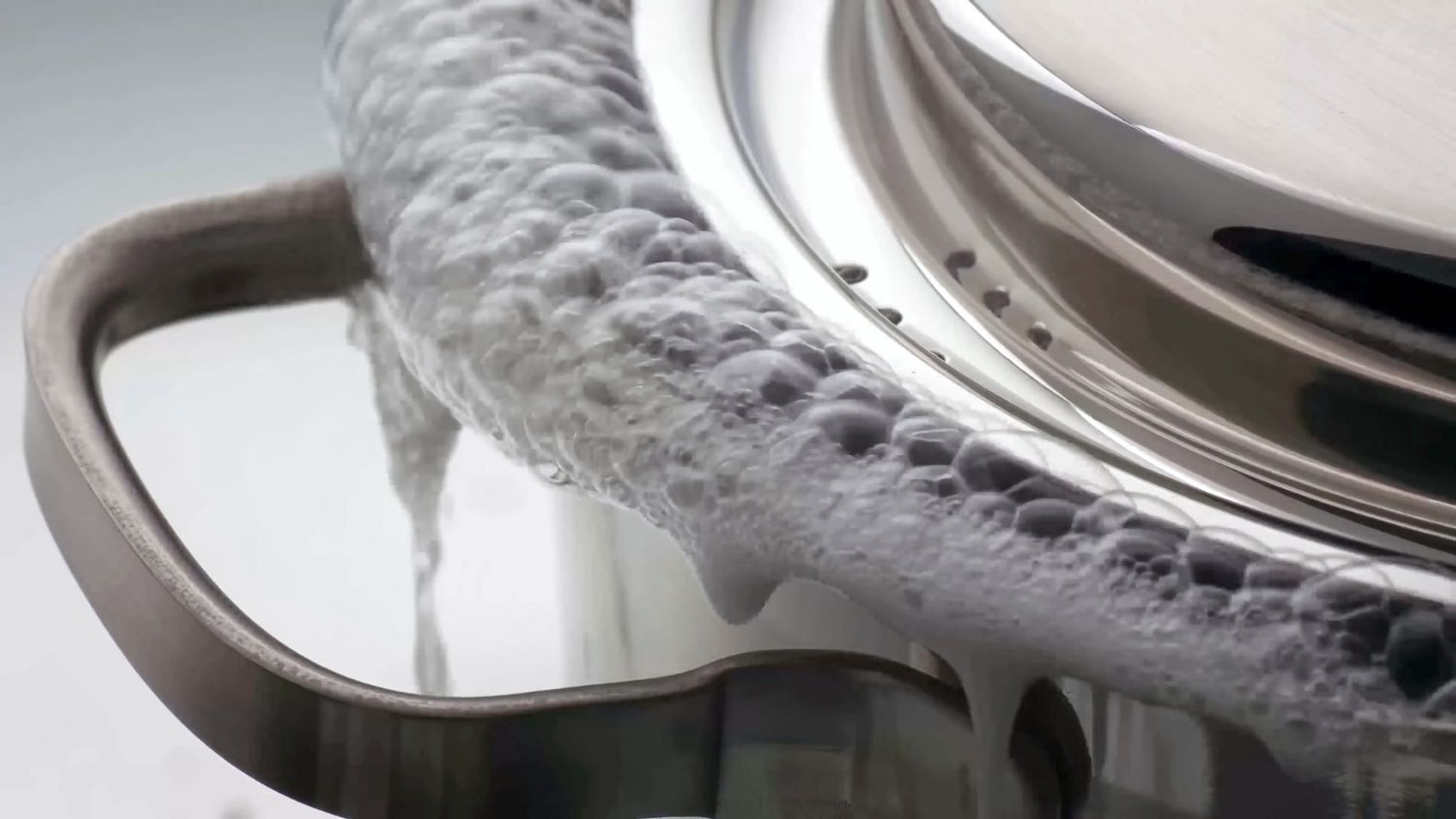

Articles
Why Is My Rice Cooker Boiling Over
Modified: January 5, 2024
Discover why your rice cooker keeps boiling over with our informative articles. Learn how to prevent this common issue and enjoy perfectly cooked rice every time.
(Many of the links in this article redirect to a specific reviewed product. Your purchase of these products through affiliate links helps to generate commission for Storables.com, at no extra cost. Learn more)
Introduction
There’s nothing quite as frustrating as seeing your rice cooker boiling over and creating a mess in your kitchen. If you’ve ever experienced this, you’re not alone. Many rice cooker users have encountered the issue of their appliance overflowing while cooking rice. Understanding why this happens and how to prevent it can save you from messy clean-ups and wasted ingredients.
A rice cooker is a convenient and efficient kitchen appliance that takes the guesswork out of cooking rice. It automatically cooks the rice to perfection by controlling the temperature and timing. However, sometimes the cooking process doesn’t go as smoothly as expected, and the rice cooker ends up boiling over.
In this article, we will explore the reasons behind the rice cooker boiling over phenomenon, as well as provide useful tips to prevent it from happening. We will also discuss troubleshooting steps to help you address any issues you may encounter with your rice cooker.
So, if you’re tired of dealing with messy boil overs and want to ensure perfectly cooked rice every time, keep reading to discover the causes and solutions to the rice cooker boiling over problem.
Key Takeaways:
- Prevent rice cooker boil overs by adjusting water-to-rice ratio, using correct rice type, and maintaining seals. Enjoy hassle-free cooking with these simple tips!
- Troubleshoot boil over issues by checking ratio, adjusting heat, and cleaning thoroughly. Don’t hesitate to seek professional help if problems persist.
Read more: Why Is My Rice Cooker Bubbling
Understanding the Rice Cooker Boiling Over Phenomenon
The rice cooker boiling over phenomenon occurs when the liquid inside the rice cooker exceeds its boiling point and spills out from the pot. This can happen during the cooking process or when the rice cooker is in keep-warm mode. Understanding the factors that contribute to this issue can help you prevent it from happening in the future.
One of the main reasons for a rice cooker boiling over is the incorrect ratio of rice to water. If you add too much water to the rice cooker, it can create an excessive amount of steam, causing the liquid to bubble up and overflow. On the other hand, if you add too little water, the rice can become dry and stick to the bottom of the pot, increasing the chances of burning and boiling over.
The type and quality of rice used can also play a role in the boiling over phenomenon. Different varieties of rice have different cooking times and water absorption levels. It’s essential to follow the recommended water-to-rice ratio provided in the rice cooker’s instruction manual or adjust it based on the specific rice you’re using.
The temperature settings on the rice cooker can affect the likelihood of boiling over as well. Some rice cookers have high heat settings that can lead to rapid boiling, increasing the chances of overflow. Lowering the heat to a gentler simmer can help prevent excessive boiling and keep the rice cooker contents under control.
Additionally, the capacity of the rice cooker and the quantity of rice being cooked can contribute to boiling over. Overfilling the pot beyond its capacity can cause the rice and liquid to expand and spill out. It’s important to follow the recommended fill lines indicated on the inner pot of the rice cooker to avoid overflow.
Lastly, the condition and quality of the rice cooker itself can play a role in the boiling over phenomenon. If the rice cooker’s seal or gasket is damaged or worn out, it may not be able to contain the steam properly, leading to excess pressure and overflow. Regular maintenance and checking for any signs of wear and tear can help prevent this issue.
By understanding these factors that contribute to the rice cooker boiling over phenomenon, you can take proactive steps to prevent it from happening and ensure a hassle-free cooking experience with your rice cooker.
Common Causes of Rice Cooker Boiling Over
Understanding the common causes of rice cooker boiling over can help you identify and rectify the issue. Here are some of the most common culprits behind this frustrating phenomenon:
- Incorrect water-to-rice ratio: One of the primary reasons for rice cooker boiling over is using the wrong amount of water in proportion to the amount of rice. Adding too much water creates excessive steam, causing the liquid to bubble up and overflow. On the other hand, using too little water can lead to dry rice sticking to the pot, increasing the risk of burning and boil over.
- Using the wrong type of rice: Different types of rice have different cooking times and absorb water differently. Using the wrong type of rice or not adjusting the water-to-rice ratio accordingly can lead to boil overs. It’s important to refer to the rice cooker’s instruction manual or adjust the water level based on the specific type of rice being cooked.
- Inadequate heat control: Some rice cookers have high heat settings that cause the liquid to rapidly boil and overflow. Adjusting the heat to a gentler simmer can help prevent excessive boiling and keep the contents under control. It’s essential to find the right heat setting that allows the rice to cook evenly without boiling over.
- Overfilling the rice cooker: Putting too much rice and water in the rice cooker can cause the contents to expand and overflow during the cooking process. It’s crucial to follow the recommended fill lines indicated on the inner pot of the rice cooker to prevent overflow. If cooking for a larger crowd, it might be necessary to use a larger capacity rice cooker or cook the rice in batches.
- Worn-out or damaged seals: The condition of the rice cooker’s seal or gasket is essential for containing the steam and preventing overflow. If the seal is damaged or worn out, the pressure inside the rice cooker can build up, leading to excessive boiling and spillage. Regularly inspecting and replacing damaged seals can help prevent this issue.
By being mindful of these common causes of rice cooker boiling over, you can take proactive measures to avoid the mess and frustration associated with this problem. Adjusting the water-to-rice ratio, using the correct type of rice, controlling the heat properly, not overfilling the rice cooker, and maintaining the seals can go a long way in ensuring a smooth and successful rice cooking experience.
Make sure you are using the correct ratio of rice to water in your rice cooker. Follow the manufacturer’s instructions for the recommended ratio and avoid overfilling the cooker to prevent boiling over.
Tips to Prevent Rice Cooker Boiling Over
Dealing with a rice cooker boiling over can be frustrating and messy. Fortunately, there are several tips that you can follow to prevent this issue and ensure a smooth cooking process. Here are some helpful tips:
- Follow the recommended water-to-rice ratio: It’s important to use the correct water-to-rice ratio based on the type of rice you’re cooking. Consult the rice cooker’s instruction manual or adjust the water level based on the specific rice variety. Finding the right balance will help prevent excessive steam and boiling over.
- Measure the water carefully: Use measuring cups specifically designed for rice cooking to ensure accurate water measurement. Eyeballing the water level can lead to inconsistencies and potential boiling over. Precise measurement will help you achieve perfectly cooked rice without the risk of overflow.
- Be mindful of rice types: Different types of rice absorb water differently and have different cooking times. Adjust the water-to-rice ratio accordingly to avoid boil overs. For example, long-grain rice typically requires more water than short-grain rice.
- Use the right heat setting: Experiment with the heat settings on your rice cooker to find the optimal temperature for cooking rice. Lowering the heat to a gentle simmer can minimize the chances of boiling over. It may require some trial and error to find the perfect heat level for your specific rice cooker.
- Avoid overfilling the rice cooker: Follow the recommended fill lines indicated on the inner pot of the rice cooker. Overfilling can cause the rice and liquid to expand, leading to overflow. If you need to cook a larger quantity, consider using a larger capacity rice cooker or cook the rice in batches.
- Maintain the rice cooker’s seals: Regularly inspect the seals or gasket of your rice cooker for any signs of wear and tear. Damaged or worn-out seals can cause pressure buildup and result in boiling over. Replace the seals if necessary to ensure a proper seal and prevent spillage.
- Avoid opening the rice cooker during cooking: Opening the rice cooker lid during the cooking process can release steam and disrupt the cooking cycle. This can lead to uneven cooking and increase the chances of boiling over. Keep the lid closed until the cooking cycle is complete.
- Clean the rice cooker regularly: A clean rice cooker will function more efficiently and reduce the risk of boiling over. Clean the inner pot and exterior surfaces regularly according to the manufacturer’s instructions to remove any food residue or build-up that could interfere with the cooking process.
By following these tips, you can significantly reduce the chances of experiencing a rice cooker boiling over. Achieving perfectly cooked rice without any mess or frustration will make your cooking experience much more enjoyable.
Troubleshooting Rice Cooker Boiling Over Issues
If you’re still experiencing issues with your rice cooker boiling over despite taking preventive measures, here are some troubleshooting tips to help you address the problem:
- Check the water-to-rice ratio: Double-check the water-to-rice ratio you’re using. Ensure that you’re following the correct measurement guidelines and adjusting it based on the specific type of rice you’re cooking.
- Adjust the heat setting: If your rice cooker has adjustable heat settings, experiment with different levels to find the optimal temperature for cooking rice without boiling over. Lowering the heat during the cooking process can help prevent excessive boiling and spillage.
- Inspect the rice cooker’s seals: Check the condition of the seals or gasket on your rice cooker. If they are damaged or worn out, they may not properly contain the steam, leading to overflow. Replace the seals if necessary to ensure a tight seal and prevent any leakage.
- Reduce the quantity of rice: If you consistently experience boiling over when cooking a large quantity of rice, try reducing the amount. Overfilling the rice cooker can cause the rice and liquid to expand and overflow during cooking. Cook the rice in smaller batches or use a larger capacity rice cooker if needed.
- Try a different rice variety: If a specific type of rice consistently causes boiling over, try using a different variety. Some types of rice absorb more water or have longer cooking times, which can increase the chances of boiling over. Experiment with different rice varieties until you find one that works well with your rice cooker.
- Clean the rice cooker thoroughly: A buildup of food residue or debris can interfere with the proper functioning of the rice cooker, leading to boil overs. Clean the inner pot and exterior surfaces of the cooker according to the manufacturer’s instructions to ensure everything is free from any obstructions.
- Consult the manufacturer or seek professional help: If you’ve tried all the troubleshooting steps and are still experiencing issues with your rice cooker boiling over, it may be helpful to reach out to the manufacturer’s customer support or seek assistance from a professional technician. They can provide further guidance or inspect the rice cooker for any underlying issues.
By troubleshooting the issue using these tips, you can hopefully resolve the problem and enjoy hassle-free rice cooking with your rice cooker.
Read more: Why Is My Rice Cooker Not Working
Conclusion
Dealing with a rice cooker boiling over can be frustrating, but with the right knowledge and preventive measures, you can minimize the chances of this issue occurring. Understanding the common causes, such as incorrect water-to-rice ratio, using the wrong type of rice, inadequate heat control, overfilling the rice cooker, and worn-out seals, can help you avoid this messy situation.
By following some simple tips, such as measuring the water carefully, adjusting the heat setting, not overfilling the rice cooker, using the correct rice variety, and maintaining the seals, you can prevent your rice cooker from boiling over. Additionally, regular cleaning and maintenance of the rice cooker can contribute to its optimal performance and minimize the risk of boil overs.
If you’re still experiencing issues with your rice cooker boiling over, troubleshooting steps like checking the water-to-rice ratio, adjusting the heat setting, inspecting the seals, reducing the rice quantity, trying a different rice variety, and cleaning the rice cooker thoroughly can help identify and resolve the problem. Don’t hesitate to reach out to the manufacturer or seek professional help if the issue persists.
By following these guidelines and taking appropriate measures, you can ensure a smooth and successful rice cooking experience with your rice cooker. Enjoy perfectly cooked rice without the mess and frustration of boiling over, and savor the delicious meals you create with confidence!
Frequently Asked Questions about Why Is My Rice Cooker Boiling Over
Was this page helpful?
At Storables.com, we guarantee accurate and reliable information. Our content, validated by Expert Board Contributors, is crafted following stringent Editorial Policies. We're committed to providing you with well-researched, expert-backed insights for all your informational needs.
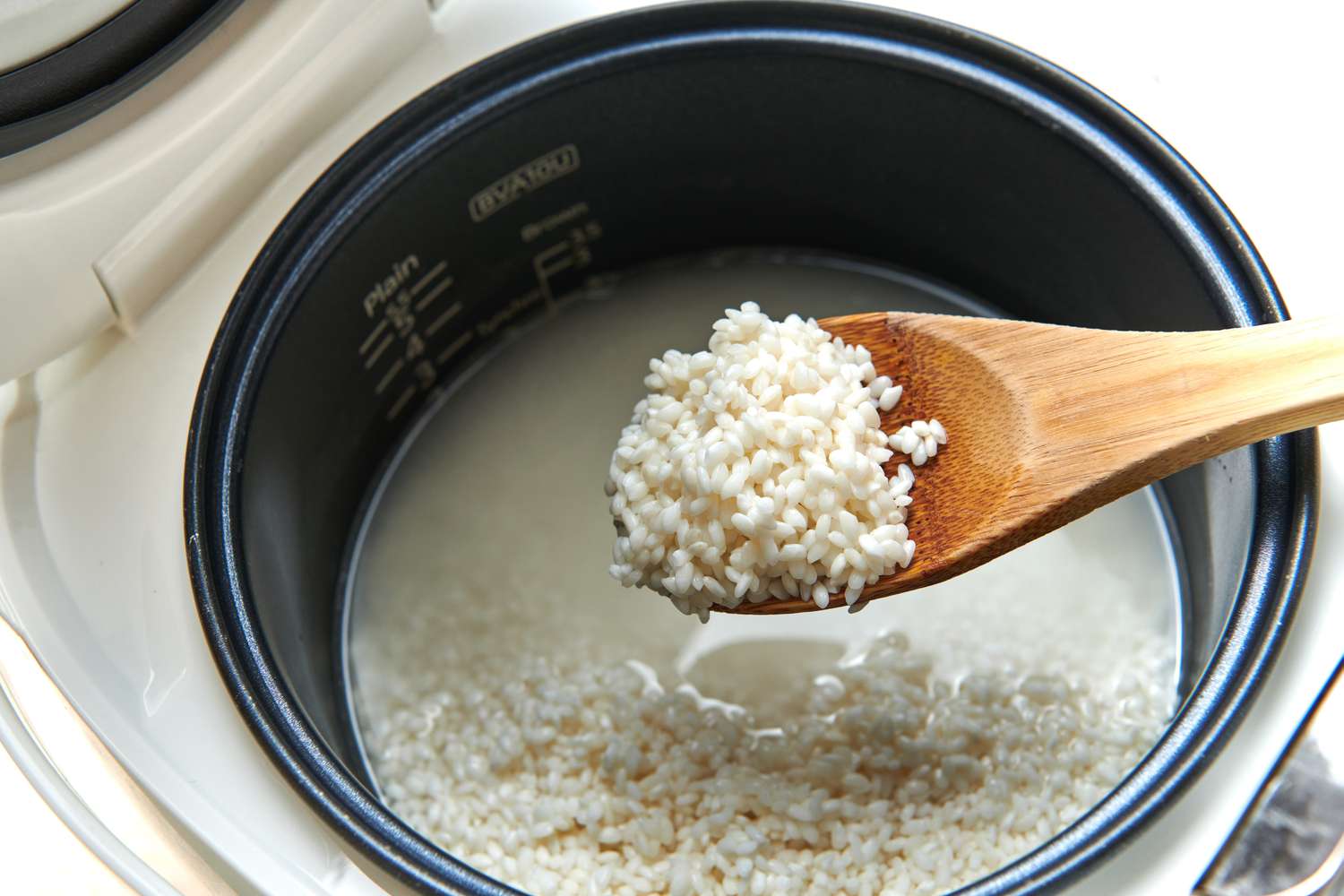
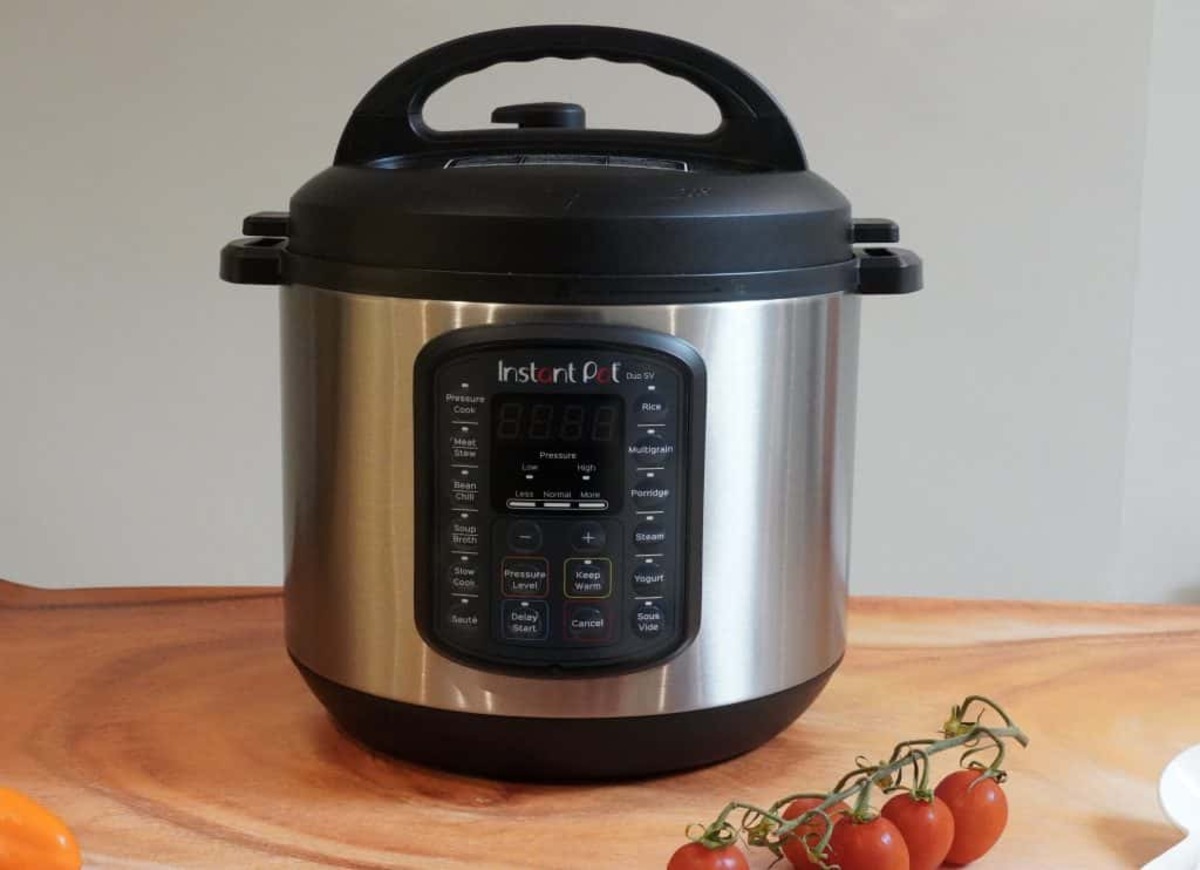
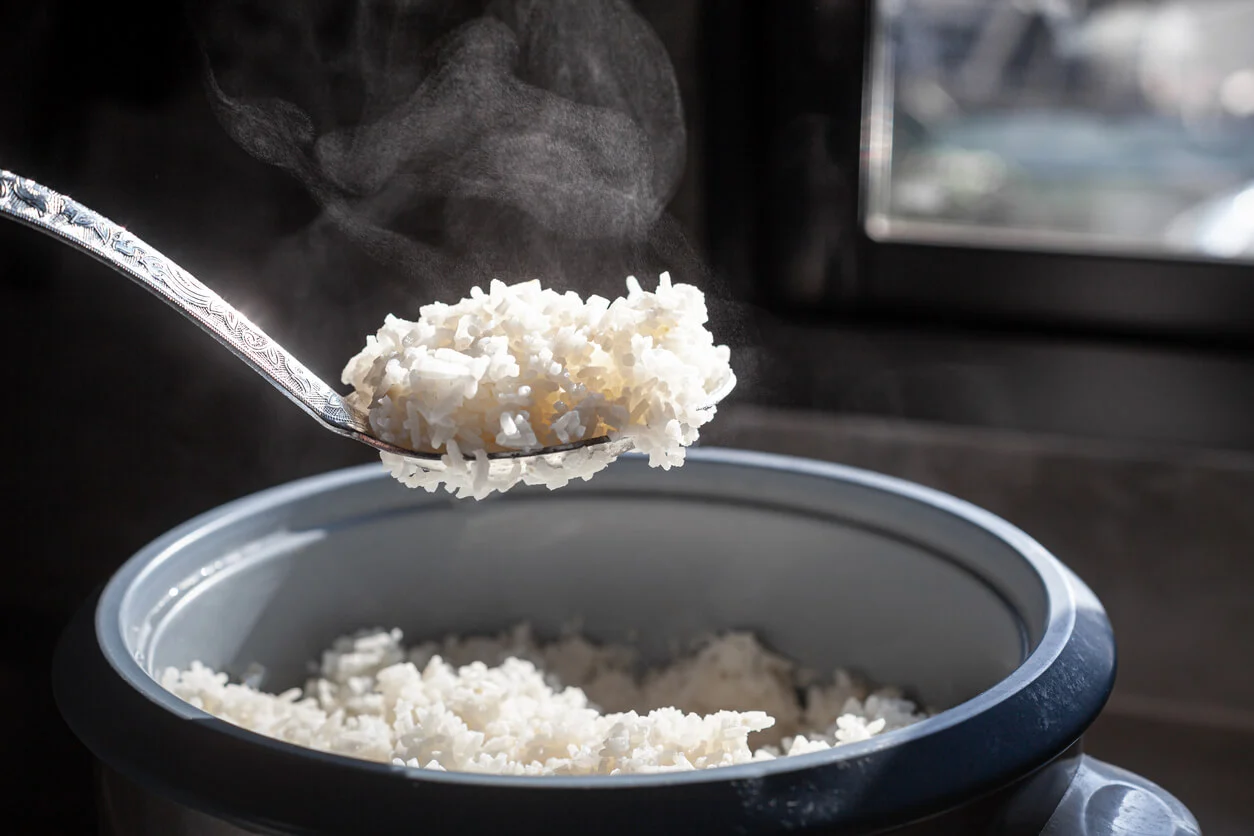
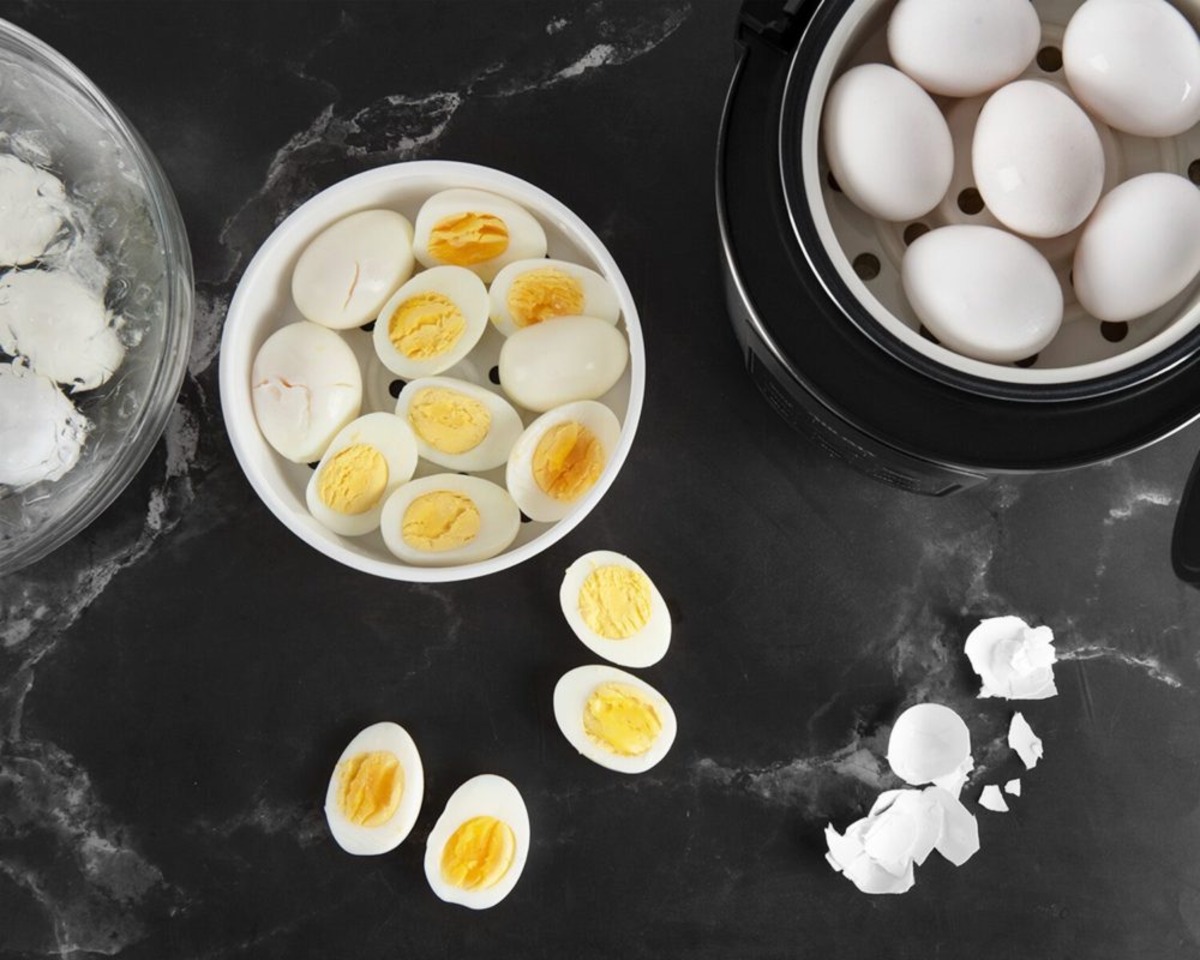
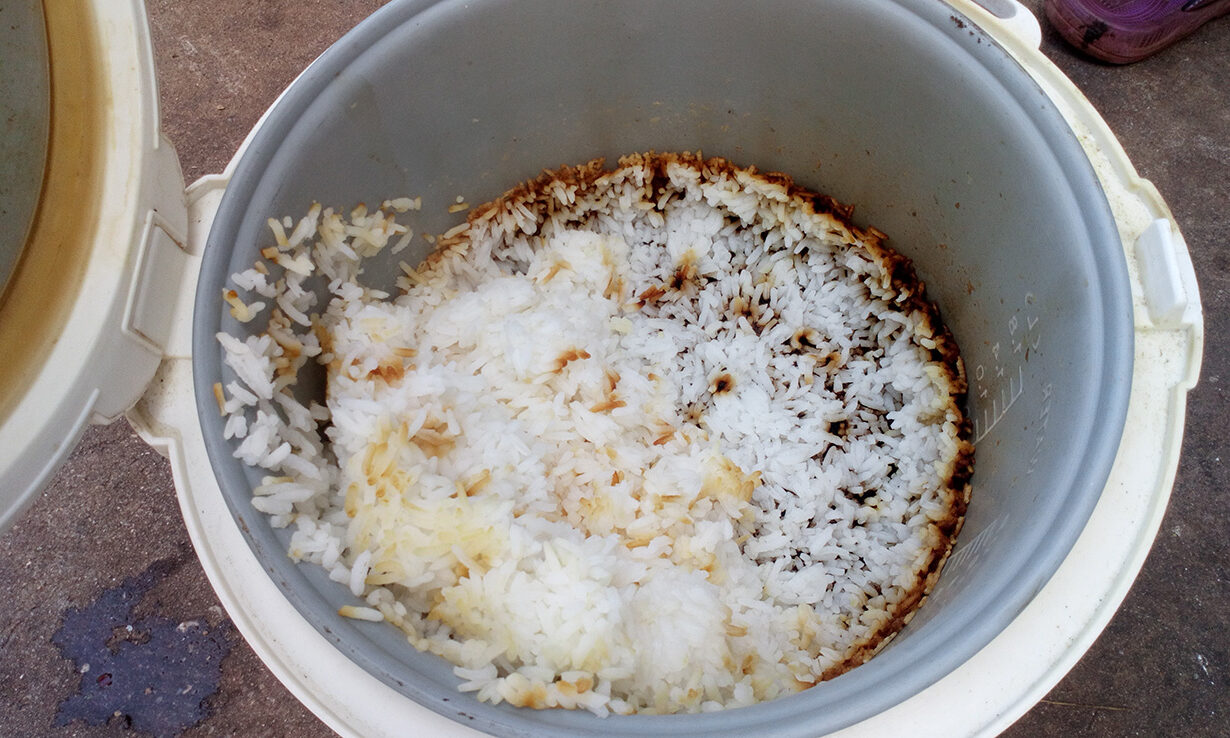
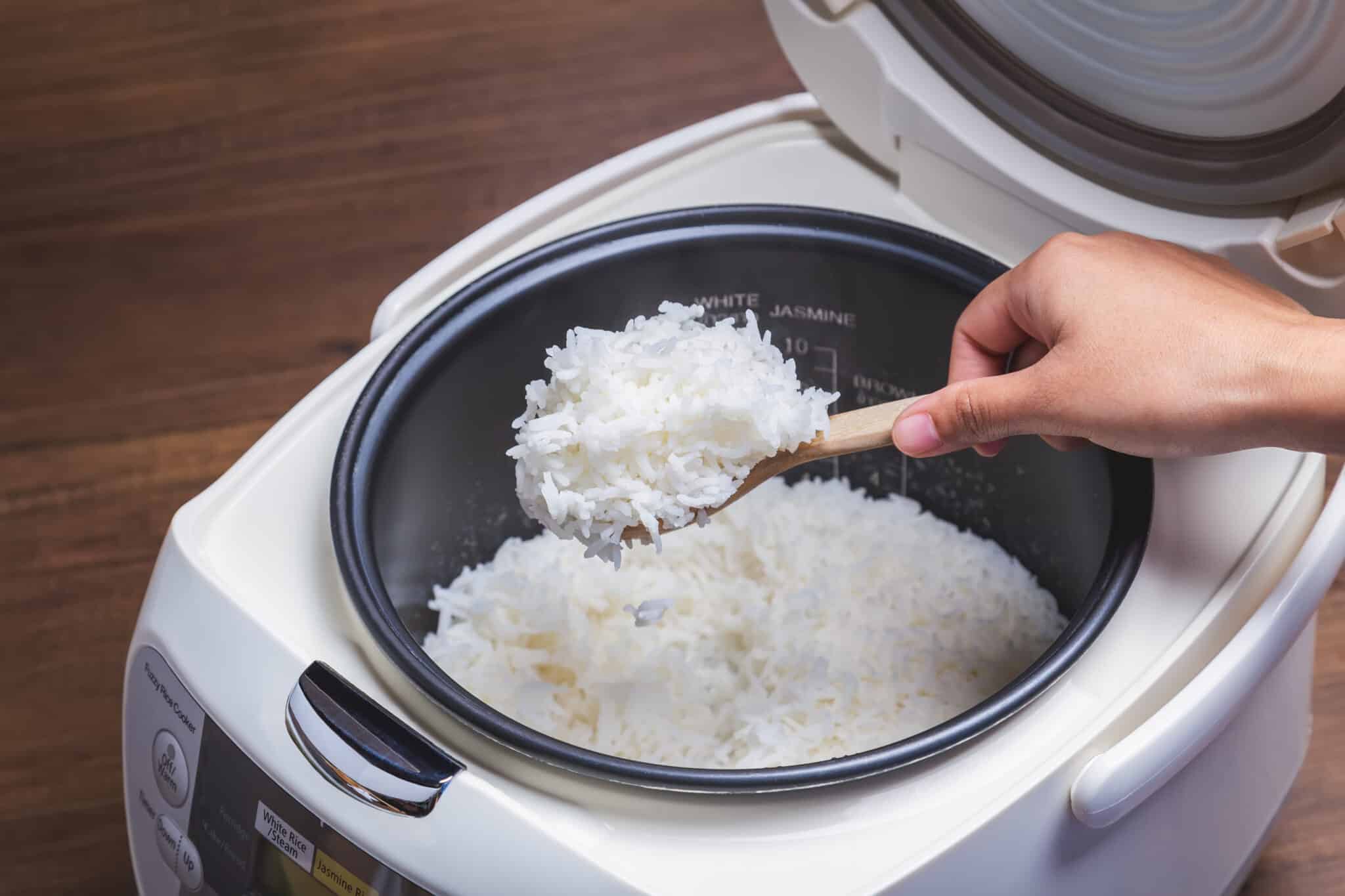
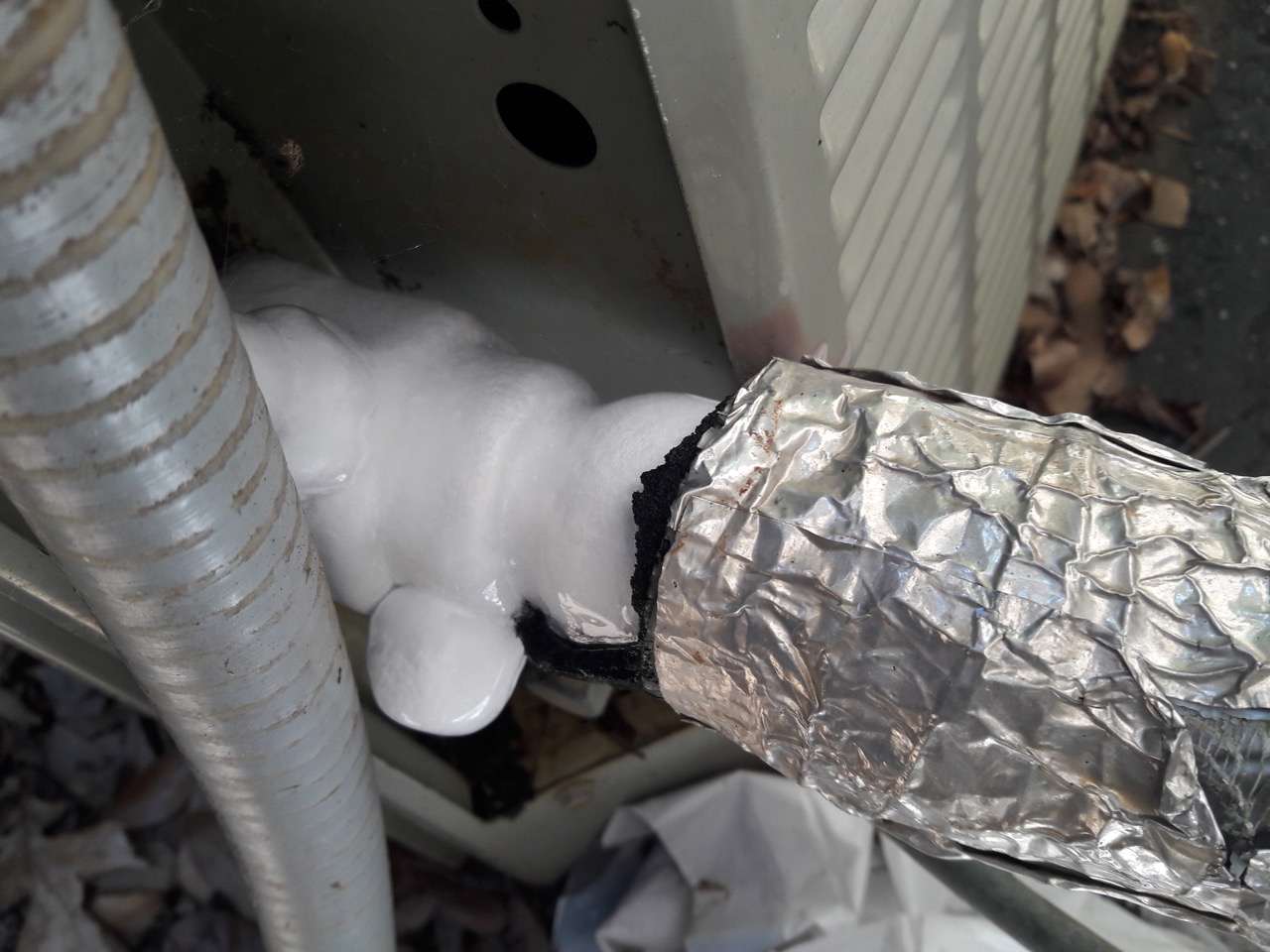

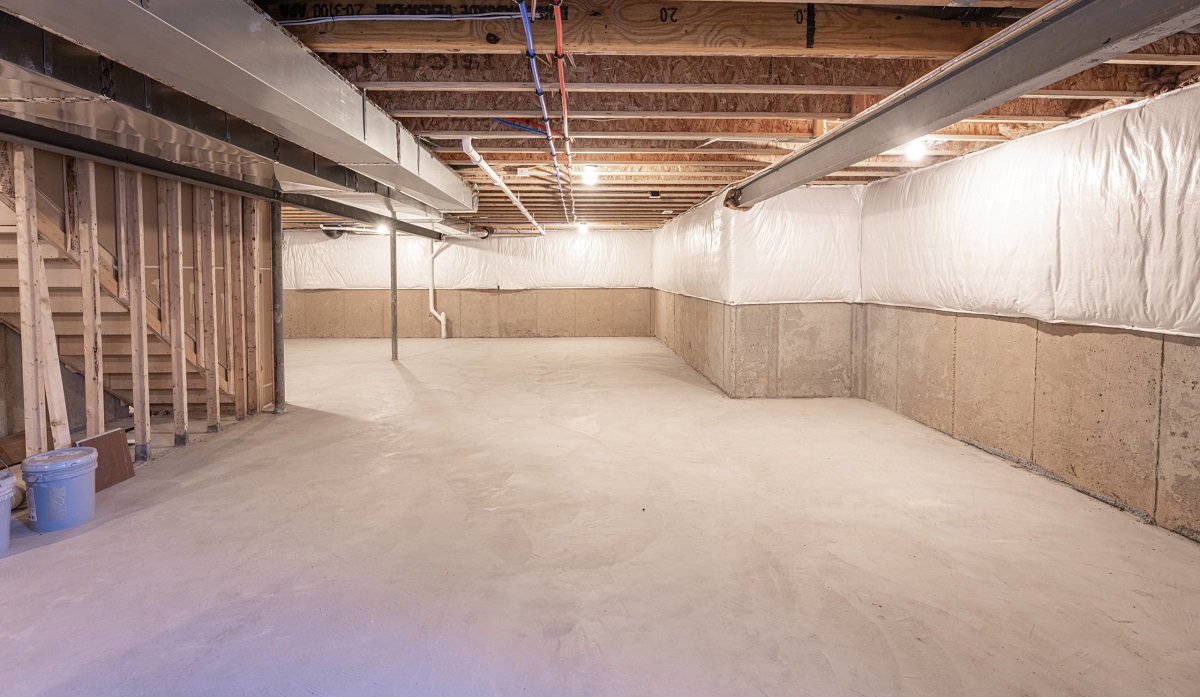

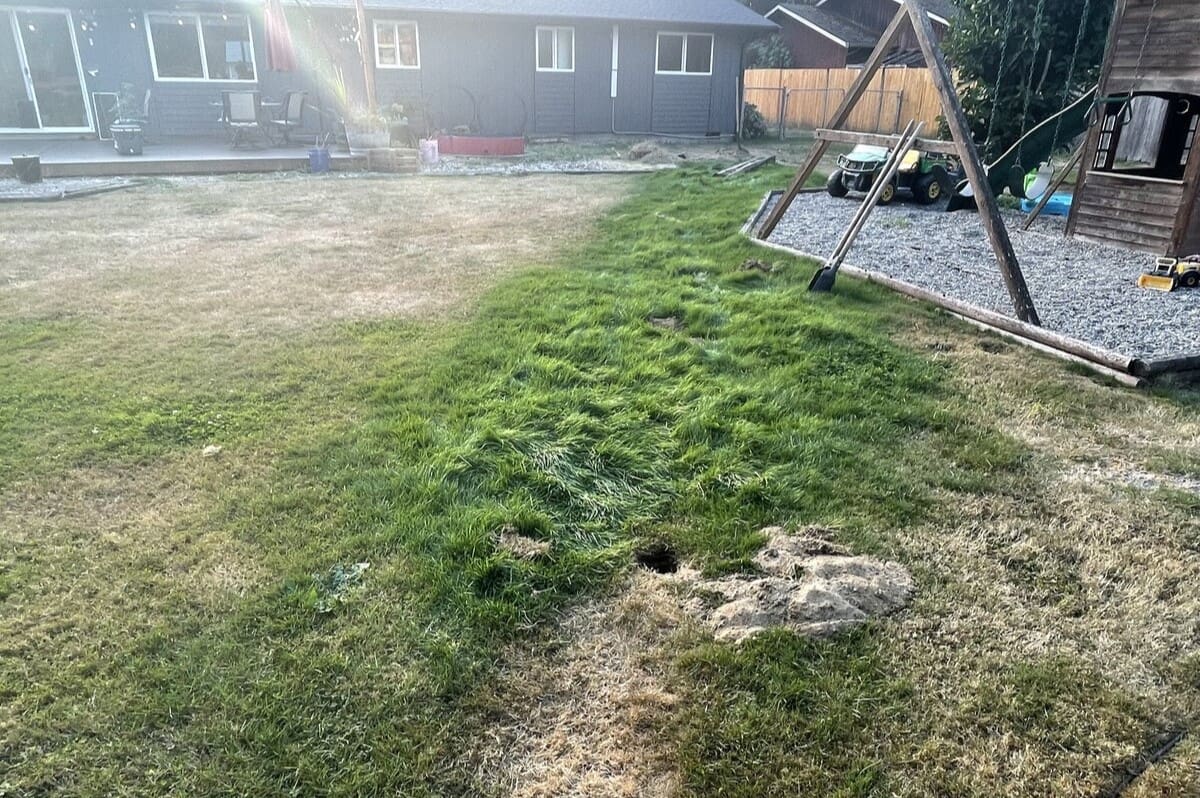
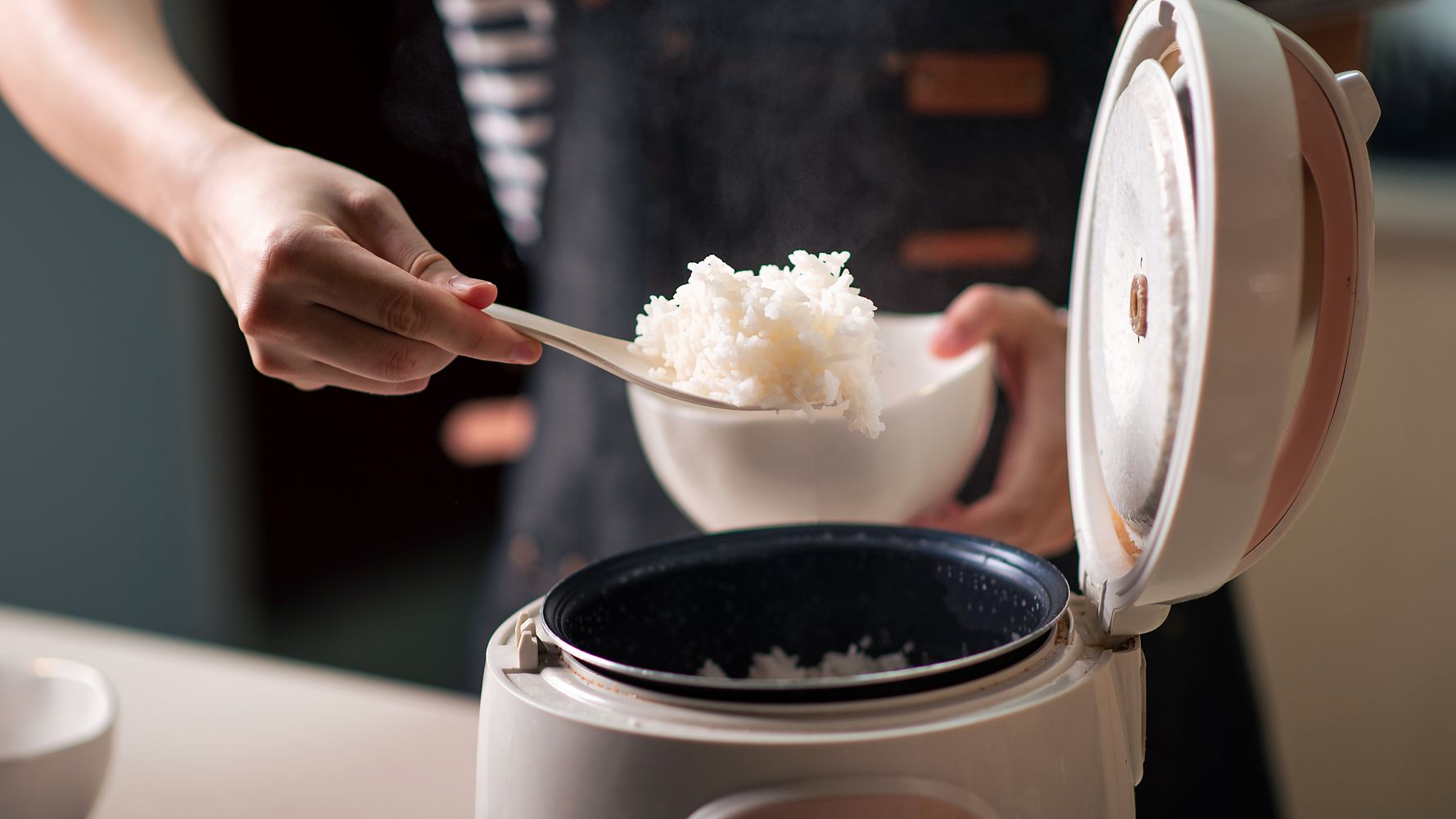
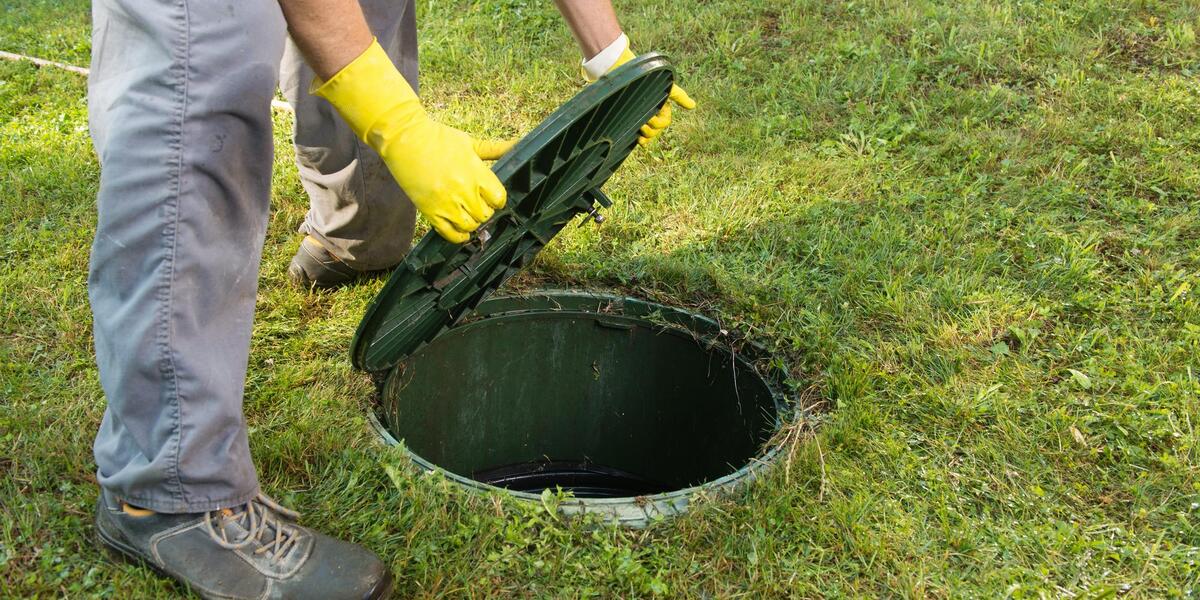
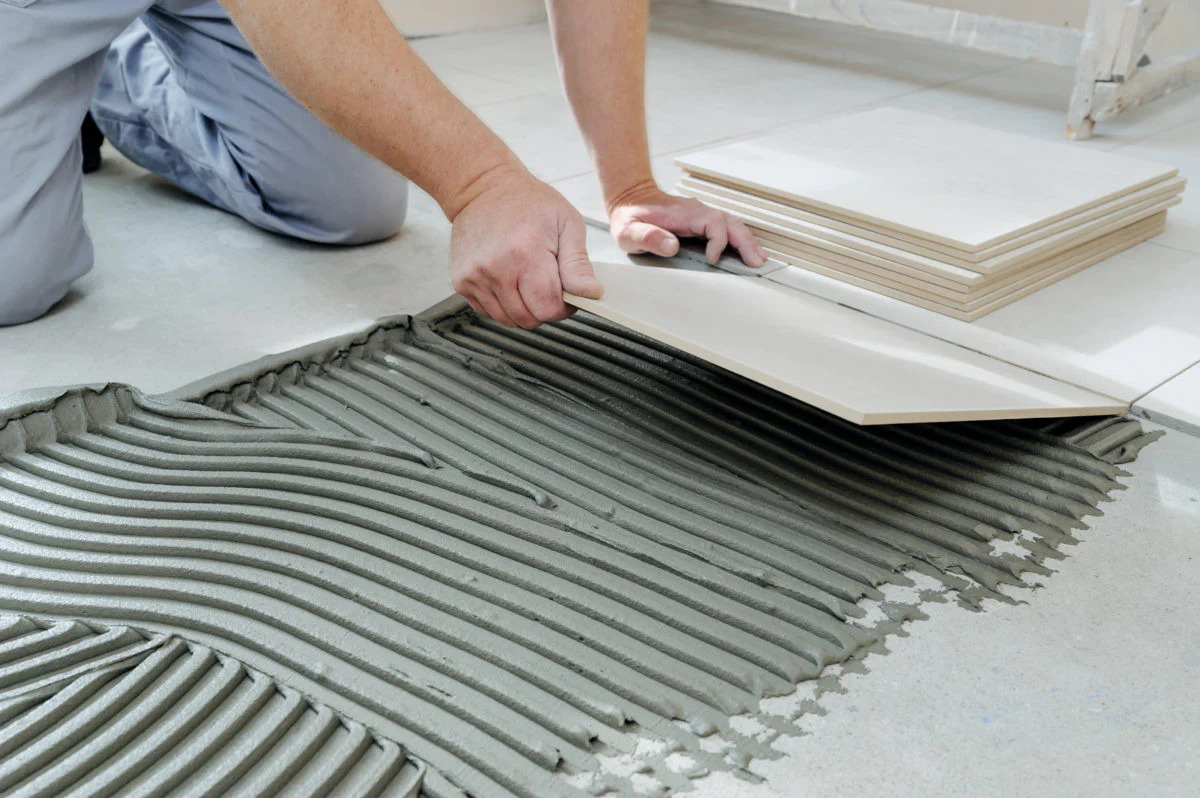

0 thoughts on “Why Is My Rice Cooker Boiling Over”